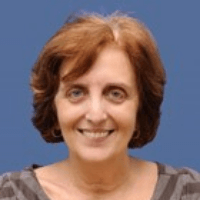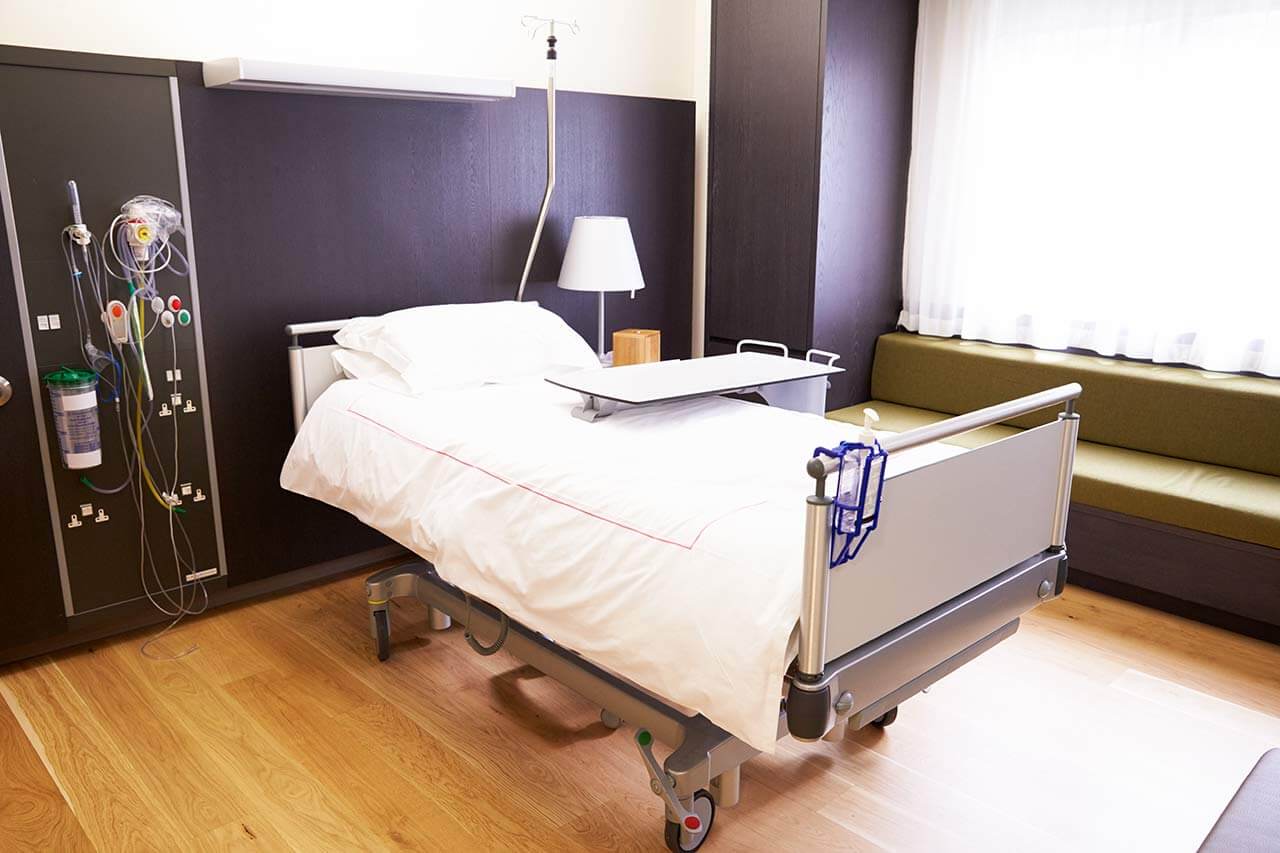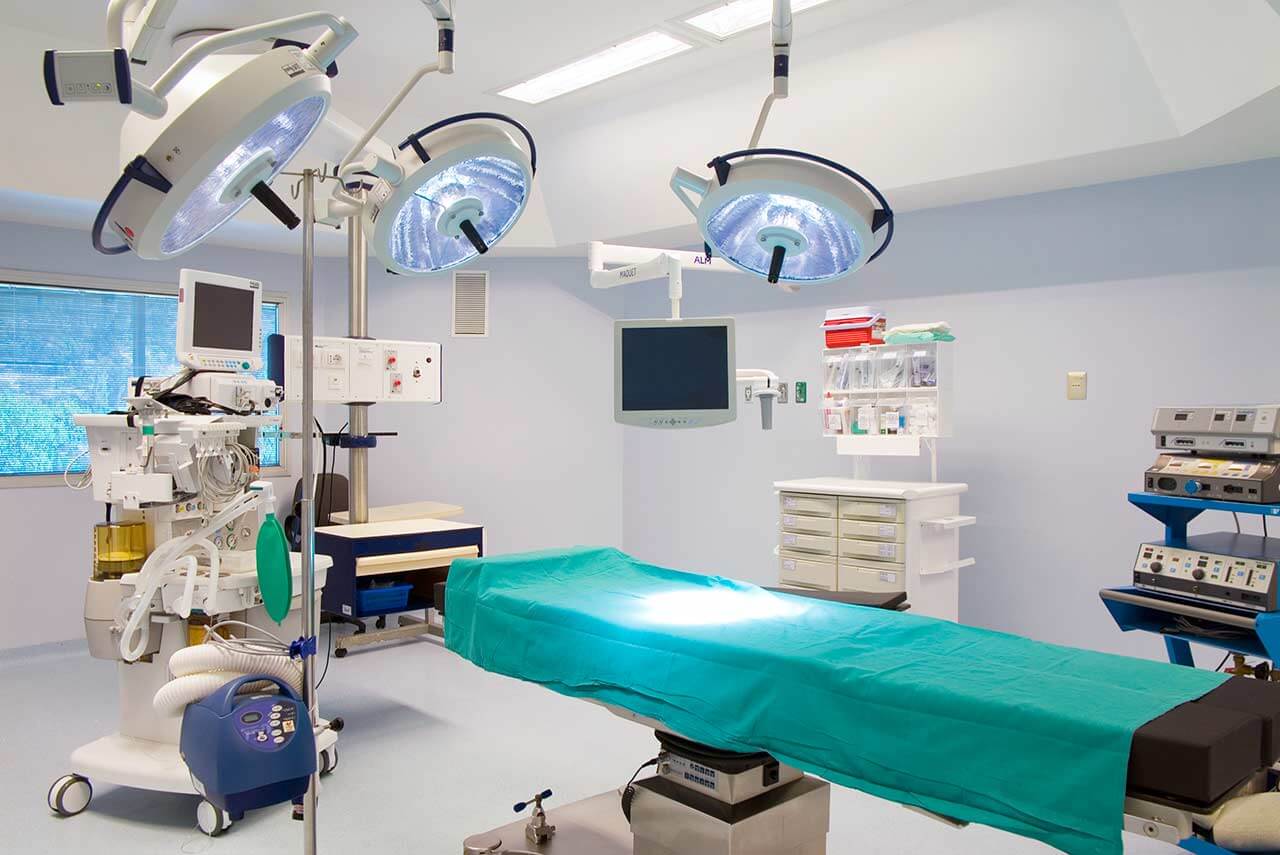
The program includes:
- Initial presentation in the clinic
- clinical history taking
- review of medical records
- physical examination
- laboratory tests:
- complete blood count
- general urine analysis
- biochemical analysis of blood with CK
- TSH-basal, fT3, fT4
- inflammation indicators (CRP, ESR)
- indicators blood coagulation
- immune status
- MRI scan of the cross-sectional images of muscles
- electromyography (EMG)
- skin or muscle biopsy on indications
- consultation of related specialists
- symptomatic specific treatment
- the cost of essential medicines and materials
- nursing services
- control examinations
- full hospital accommodation
- developing of further guidance
Required documents
- Medical records
Service
You may also book:
 BookingHealth Price from:
BookingHealth Price from:
About the department
The Department of Rheumatology at the Tel Aviv Sourasky Medical Center offers competent counseling, diagnostics and treatment of many rheumatic and autoimmune diseases, including Sjögren syndrome. This department is the largest medical facility of this kind in Israel. The medical staff of the department has long experience and deep knowledge, thanks to which it provides the accurate diagnostics and optimal treatment. The Chief Physician of the department is Prof. Dr. med. Ori Elkayam.
The department's specialists successfully apply innovative technologies, which are created for the prevention of the development of systemic connective tissue diseases. They also use the advanced treatment methods for inflammatory changes in the spine and are constantly engaged in scientific researches aimed at the development of new arthritis treatments.
The department successfully carries out conservative treatment of various rheumatic diseases. The department's rheumatologists use not only proven, classic medicines, but also the very latest pharmaceutical developments. In addition to medicines, physiotherapeutic procedures are widely used here. Individual exercise programs allow the patients to develop all muscle groups.
The department's range of medical services includes:
- Diagnostics and treatment of rheumatoid arthritis
- Diagnostics and treatment of ankylosing spondylitis
- Diagnostics and treatment of osteoporosis
- Diagnostics and treatment of systemic lupus erythematosus
- Diagnostics and treatment of systemic scleroderma
- Diagnostics and treatment of dermatomyositis
- Diagnostics and treatment of fibromyalgia
- Diagnostics and treatment of gout
- Diagnostics and treatment of Sjögren syndrome
- Diagnostics and treatment of psoriatic arthritis
- Diagnostics and treatment of other rheumaic diseases
Curriculum vitae
Education
- Sackler School of Medicine, Tel Aviv University.
Clinical Experience
- 1983 - 1984 Rotating Internship, Assaf Harofeh Medical Center, Zerifin, Israel.
- 1984 - 1989 Resident in Internal Medicine, Assaf Harofeh Medical Center, Zerifin, Israel.
- 1989 - 1991 Resident in Rheumatology, Tel Aviv Sourasky Medical Center, Tel Aviv, Israel.
- 1991 - 2000 Senior Physician in Rheumatology, Tel Aviv Sourasky Medical Center, Tel Aviv, Israel.
- 2000 Deputy Head of the Department of Rheumatology Tel Aviv Sourasky Medical Center, Tel Aviv, Israel.
- 2002 Institut de Rhumatologie, Hopital Cochin, Paris.
- 2005 - 2009 Head of the Department of Internal Medicine, Tel Aviv Sourasky Medical Center, Tel Aviv, Israel.
- 2009 - 2013 Head of the Rheumatology Day Care Center, Tel Aviv Sourasky Medical Center.
- Since 2013 Head of the Department of Rheumatology, Tel Aviv Sourasky Medical Center.
Academic Experience
- 1991 - 1997 Instructor of Internal Medicine, Tel Aviv University.
- 1997 - 2001 Lecturer in Internal Medicine, Tel Aviv University, Sackler School of Medicine.
- 2001 - 2008 Senior Lecturer in Internal Medicine, Tel Aviv University.
- 2008 Associate Professor in Internal Medicine, Tel Aviv University.
Memberships in Professional Societies
- 1992 Israeli Society of Rheumatology.
- 1995 European League Against Rheumatism.
- 2005 International Group for Research and Assessment of Psoriasis and Psoriatic Arthritis.
- 2005 American College of Rheumatology.
- 2011 President of the Israeli Society of Rheumatology.
Photo of the doctor: (c) Tel Aviv Sourasky Medical Center
About hospital
The Tel Aviv Sourasky Medical Center is the second largest and one of the most advanced healthcare and research facilities in Israel. It began its work in 1961, but it is still popular among the local population and attracts thousands of international patients.
The multidisciplinary medical center covers an area of 150,000 m². It has 60 departments and institutes with 1300 beds. The hospital annually provides its highly professional services to more than 1,5 million patients. In addition, the hospital enjoys prestige among doctors, many of whom want to have an internship and work here.
The medical center employs more than 6,400 people, among them more than 1,100 doctors, 1,760 nurses, 850 medical laboratory assistants, technical and other employees. The medical staff successfully combines clinical and research activities. The hospital annually conducts clinical trials aimed at the the development of new diagnostic and treatment methods.
Structurally, the medical facility is divided into four main hospitals. These include the General Hospital, the Rehabilitation Hospital, the Lis Maternity and Women's Hospital and the Dana-Dwek Children's Hospital.
The medical center is focused on individualized treatment. With adherence to the international standards of service, the specialists take into account the needs of each patient, his age and a specific clinical case. The medical center strives to provide treatment in a friendly and respectful atmosphere, with an empathic attitude to each patient.
Photo: (c) depositphotos
Accommodation in hospital
Patients rooms
The patients of the Tel Aviv Sourasky Medical Center live in comfortable rooms equipped with all necessary amenities. The standard room includes an automatically adjustable bed, a bedside table, a wardrobe for storing clothes. Also, each room has an ensuite bathroom with shower and toilet.
Meals and Menus
The medical center offers three meals a day: breakfast, lunch and dinner. For lunch, the patients have a choice of daily menus. If for some reason you do not eat all foods, you will be offered an individual menu. Please inform the medical staff about your food preferences prior to treatment.





